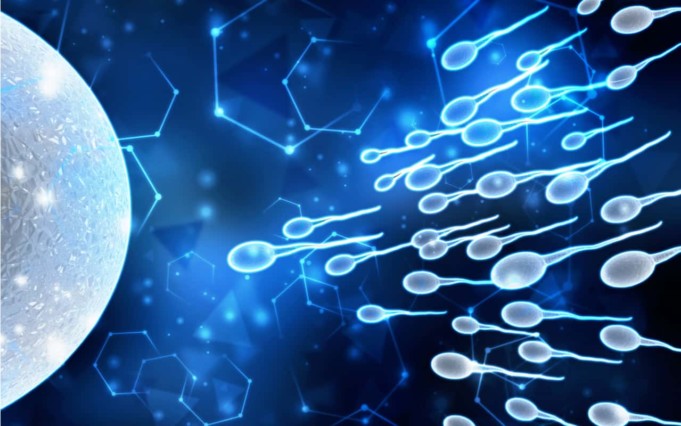For those considering using a sperm bank to conceive a child or those considering sperm donation, many questions exist. Although some are related to the legalities, which can vary by state, many are more generic with simple answers. These are a few of the commonly asked questions at sperm banks throughout the country.
Is it possible for a man to father hundreds of children?
According to experts, it would be very difficult for one man to father hundreds of children, something that is depicted in the movie “Delivery Man” starring Vince Vaughn. Men with very high sperm counts who donate every week for a year could father as many as thirty pregnancies in one year, but it would take decades to have hundreds of children.
There are reports that a man fathered between 150 and 200 children, according to the New York Times. Experts say that it is difficult to determine how many children are born from donated sperm as donations are not regulated, making it difficult to track who is donating, how often or how many pregnancies resulted from the donations.
Is it difficult to become a sperm donor?
There are requirements for sperm donors. They must be under the age of 40 and free of sexually transmitted diseases or HIV. Some donation locations require answers to an extensive questionaire as well as genetic testing.
The screening process can take up to eight weeks and a second HIV test is performed after 18 months on the sperm that has been donated. Once the initial approval is received, only between five and ten percent of all donors are actually accepted.
Donors are paid for each ejaculate that meets a necessary sperm count. This means that they must take care of their bodies, get enough sleep and avoid alcohol. Some locations require once per week donations for about a year and men must abstain from sex 48 hours before donating.
What type of men donate sperm?
Quite often, sperm donors are college students as they are young and virile. About 80 percent of all donors do so in order to make extra cash. Some banks pay extra to men who hold doctorate-level degrees. The remaining 20 percent of donors are older men in their 30s who may already have children, but see donation as a way to help others.
Are sperm donations always anonymous?
It depends on the center and the donor. During the early years of sperm donation, the process was kept almost totally anonymous. In some cases, the recipients did not want it known that they used a donor to conceive.
In the early 1980s, a feminist center began asking donors if they would mind having their identity revealed once a child turned 18. Today, donors are offered both options. Even if the donor remains anonymous, banks offer the prosepective recipient basic physical information, family history, likes, dislikes and education information which can be passed along to the child.
Sperm donation is sometimes frowned upon because of the cultural understanding of what fathering a child means. However, sperm donors are actually providing a service to those who are unable to have children by natural means, whether it is a gay/lesbian couple or a heterosexual couple who have fertility issues. Donors help others create the family they would only be able to dream of without the option of donated sperm.












